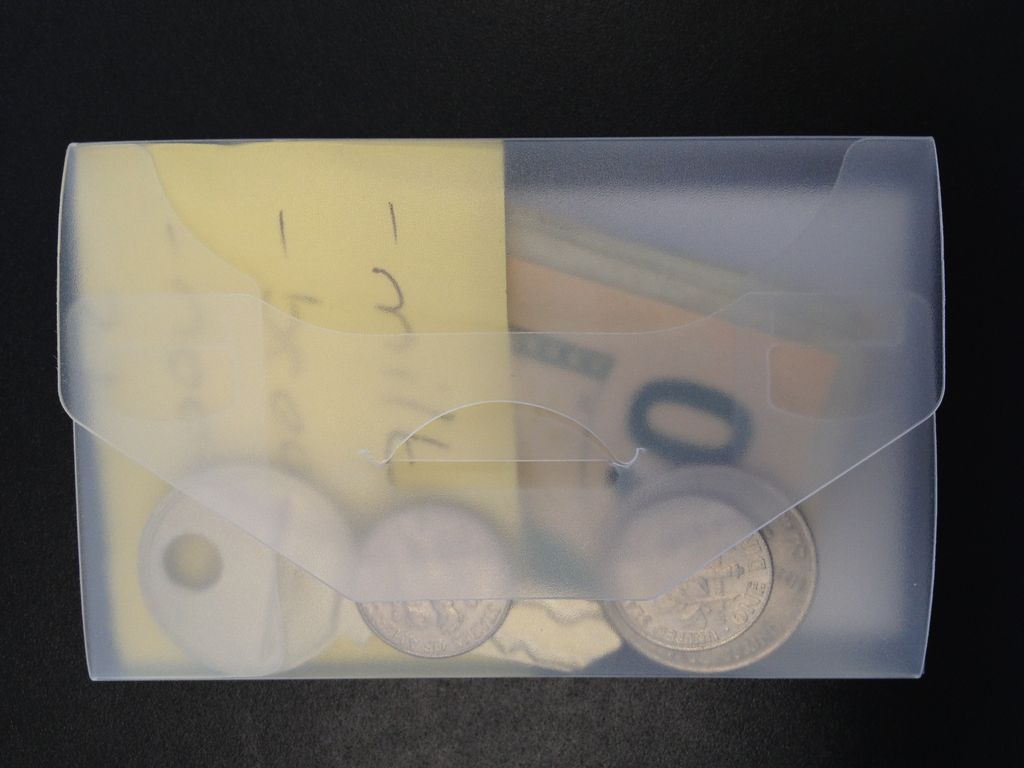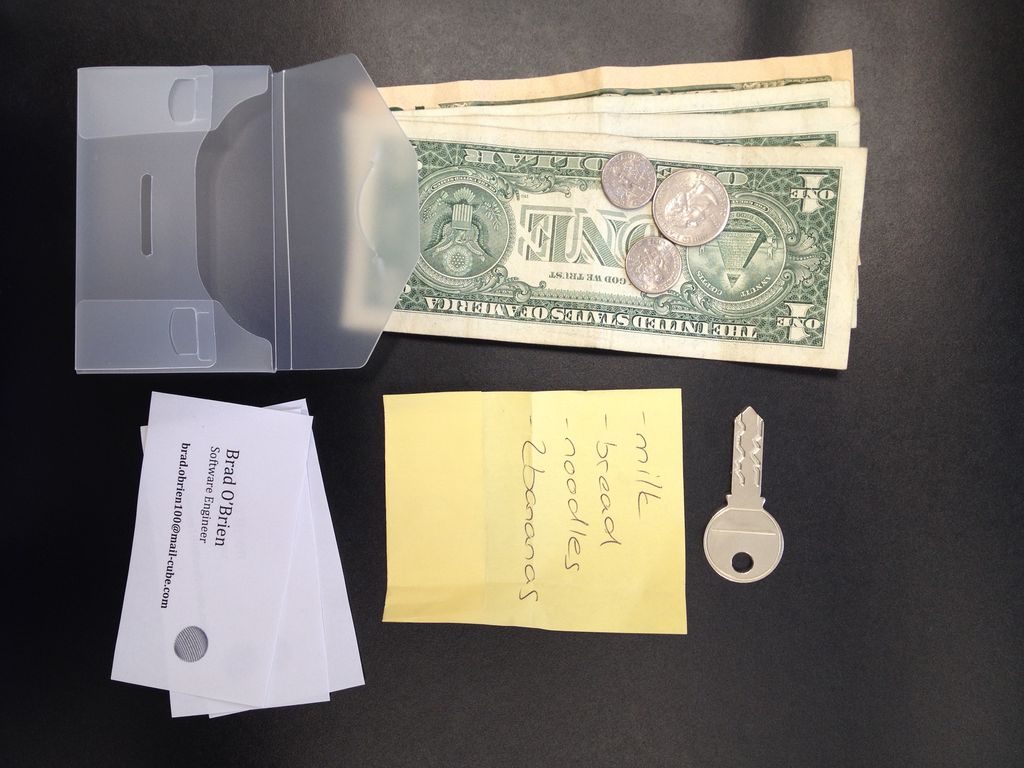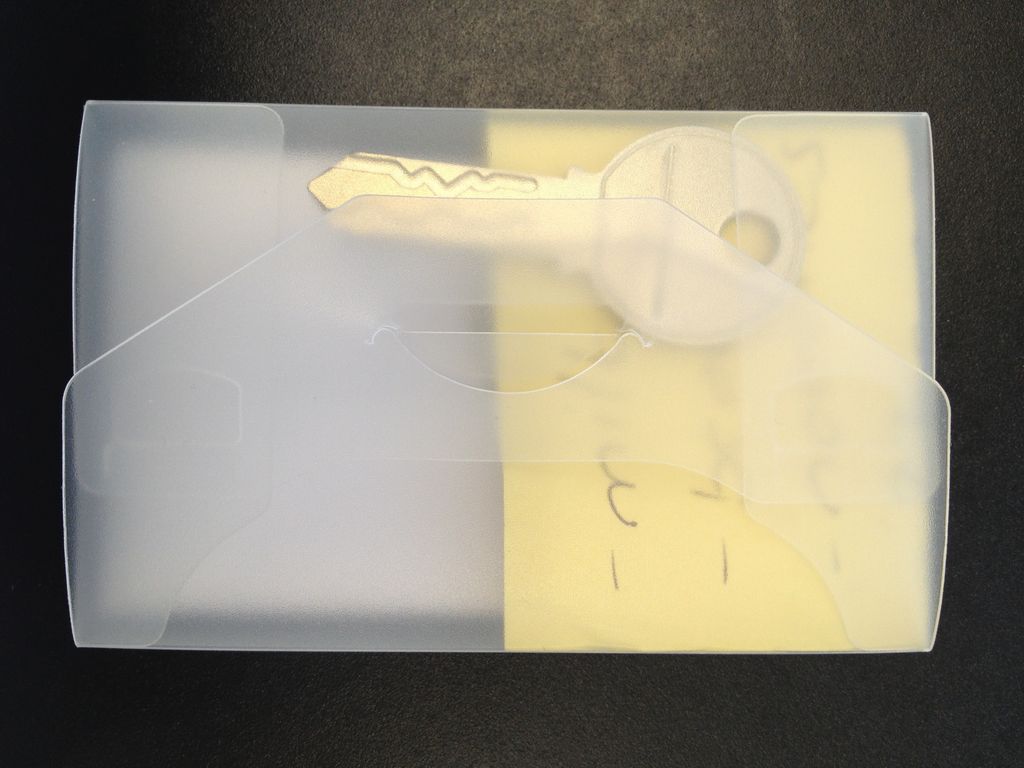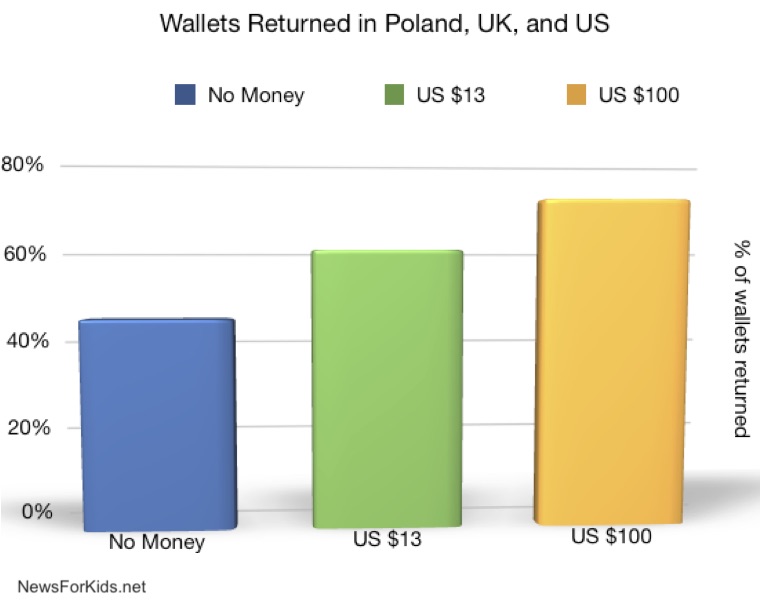If someone finds a wallet with a lot of money, are they likely to return it? A new science experiment shows an unexpected result: the more money that is in a wallet, the more likely it is to be returned.
Researchers at the Universities of Michigan, Utah, and Zürich created a special experiment to test how honest people are. It was a complicated experiment that took place in 40 countries around the world.

(Source: © Christian Zünd.)
The researchers “turned in” over 17,000 fake wallets that they said they had found. They took these wallets into police stations, hotels, post offices, banks, and other businesses. Then they waited to see if the workers at these businesses tried to make contact with the owner of the wallet.
The wallets were a little special. They were clear wallets so that people could see quickly what was inside them. Most of the wallets in the experiment had either no money, or about as much money as US $13. The scientists made sure to use the right kind of money for each country where wallets were “lost”.

(Source: © Christian Zünd.)
The wallets also held a grocery list, a key, and three business cards with the contact information of the owner of the wallet.
The point of the experiment was to test how honest people are. The scientists believe that their experiment gave a good picture of how people would act if no one was watching them. Before the experiment started, the scientists expected that the wallets with money in them would be less likely to be returned.

(Source: © Christian Zünd.)
They were completely wrong. In fact, it was exactly the opposite. In 38 out of the 40 countries, people were much more likely to report the lost wallets which had money. Worldwide, 51% of the people who were given a wallet with money tried to contact the owner. Only 40% of the people tried to return the wallet when there was no money.
In three countries, the US, the UK, and Poland, the scientists decided to add a “big money” test, with wallets holding money worth about US $100. In these countries, 46% of wallets with no money were returned, 61% of those with $13 were reported. But wallets containing nearly $100 were reported 72% of the time.

(Data Source: Science. Graphic: NewsForKids.net [CC BY-SA 4.0].)
The scientists don’t know exactly why people are more likely to return a wallet with more money, but they have two ideas. One is that people just like to help out.
The second is that when there’s money, people would feel like they were stealing it if they kept the wallet. The more money there is, the stronger the feeling is. And most people don’t want to feel like thieves.
